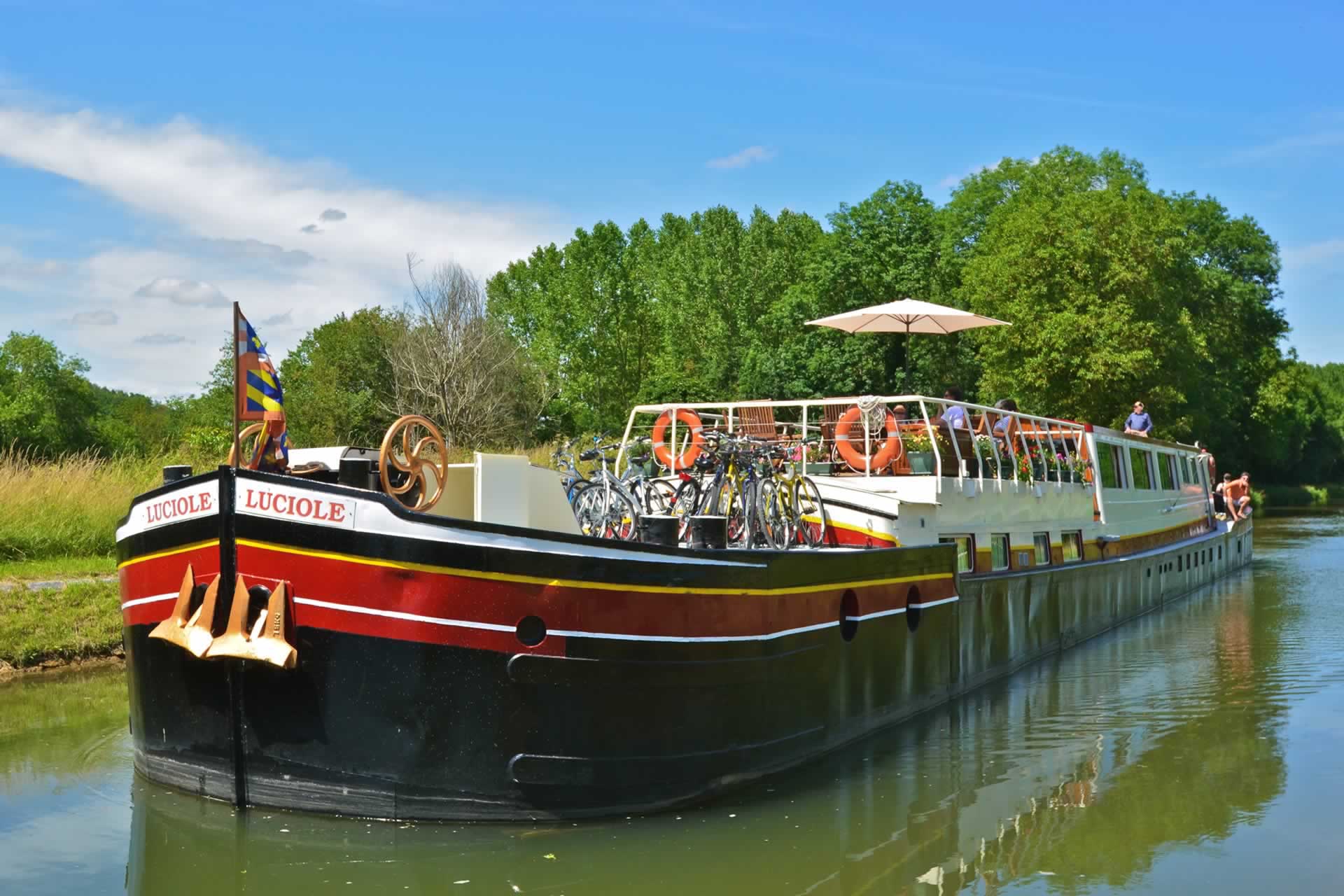- Previous
- |
- All articles
- |
- Next
British Waterways move to charitable status
What would Aickman have made of the British Waterways move to charitable status? Not a lot according to John.
Robert Aickman’s Dream’, David Bolton’s article in the January issue, examined, with admirable clarity, events in the mid-1950s when the Inland Waterways Association, which was led by Aickman, promoted the notion of a National Waterways Conservancy.
Inevitably, the connection is being made with the current plan to move control of the canals and rivers to an independent charity. !e Chairman of the British Waterways Board, Tony Hales, goes so far as to refer to Aickman’s ‘vision’ – possibly the first acknowledgement ever, in official circles, of that singular gentleman’s contribution. !e suggestion seems to be that Robert Aickman would have approved. Would he? I doubt it.
Cold-shouldered in his lifetime, never the recipient of an honour, nor, at any time, given a seat on an official body, Robert Aickman saved the waterways for the nation, through the force of his writing. He took on a bureaucracy that would have dragged our canals into oblivion. !e lack of prescience of those dreary people regarding the leisure possibilities now stands exposed. Aickman’s concept, however, was far, far broader than that.
For the general public today, inland waterways are perceived as a charming hangover from the past, a facility for fun in various forms, a working museum, with quaint little customs and terminology, a reenactment of 19th Century activities (with the hardships taken out). In the 1950s it was different. At the time Aickman alighted upon the Conservancy title, the waterways could still be regarded as a working system, albeit one in decay. !e narrowboat may seem now hopelessly inadequate; but lorries, too, used to be small, their journeys long-winded. !e first British motorway – the Preston By-pass – had yet to be built.
Then, as the railway system shrank, our roads were developed, subsidised to dizzying heights. Meanwhile the lorries – with various unconvincing assurances – grew bigger. As waterways dwindled into twilight the nation’s reliance on motor transport came to be total, shielded from criticism by the public’s delight in driving private cars.
Robert Aickman saw this happening and in the Bulletin, he recorded the downside. ‘Motor Moloch’, a regular item, pulled no punches. Aickman stated uncomfortable truths that are echoed today by such as Friends of the Earth – if not, alas, by the present Inland Waterways Association. What has the Association to say, for example, on Defra’s ‘Advanced Research on Goods Vehicle Costs’ (an absolute gift to water transport, unpromoted though this report was by a government in thrall to road hauliers)? Robert Aickman would not have let that pass by.
It was this wider view of inland waterways – that they should also be for meaningful quantities of freight – that in the Aickman years a number of us fought to uphold. In the early days, when the average lorry carried very little, narrowboat haulage could be supported. Today, it is the routes off the Humber and tidal !ames that suggest themselves. How different would the public perception be were there some emblematic scheme to make, say, Nottingham a container port?
Having known Robert Aickman, corresponded with him, eaten his suppers (and, like so many, fallen foul of his unbending personality), I identify with his viewpoint still. And his greatest fear: that the system, if preserved, should decline into nothing more than a Garden of Leisure, on a par with ‘heritage’ railways (as opposed to the real thing).
It is this worrying picture that the present scheme projects. !e model of the National Trust is an unfortunate one, linked as it is only with preservation. It is a culmination of the dismissive attitude of successive ministries that have played down water transport. !ere seems little prospect of development here - a feeling reinforced by the proposed organisation being a charity, !is, surely would have been the last thing on Aickman’s mind. We, in the 1950s, were conditioned to the major services being supported by the public purse: the railways, roads, health (and higher education!). To so restrict the possibilities of investment would have been – and could yet be – disastrous. It would be assumed – as with all developmental ideas in the public interest - that the taxpayer should meet such bills as arose (although, as David Bolton pointed out, the IWA advanced a scheme to turn the British Waterways loss on freight operations into a significant profit).
Aickman’s use of the word ‘Conservancy’ is coincidental. His objective was to extract the waterways from the supervision of a body with no interest in them, to bring them under the purview of a group with positive intent. Whether or not his Conservancy would remain answerable to a government minister is not made clear; but it surely would have been desirable, as it must be now, with a facility for questions in Parliament. To escape from this safeguard, as the proposed new body would do, is risk-taking of the highest order (Should I have said ‘makes the blood run cold’?).
Robert Aickman would have been unforgiving. He saw waterways as providing a service to be consolidated, then developed. His ‘vision’ was very, very different.
- Previous
- |
- All articles
- |
- Next
Hotel barge Luciole
Cruising since 1976
Phone: 00 44 1625 576880
From USA: 011 44 1625 576880
Whatsapp: 00 33 6 09 92 20 76
Email: info@bargeluciole.com
23 Adlington Road, Bollington
SK10 5JT England
1-2 Quai de la Republique, Auxerre
89000 France
© Hotel Barge Luciole 2026



